Educational Resources for Health Professionals and Employers
The Health Force Integration Research and Education for Internationally Educated Health Professionals (HIRE IEHPs) project aims to support successful integration of internationally educated health professionals (IEHPs) into Canadian workplaces.
These courses were created by the HIRE IEHPs Project and are hosted at N4. Sign in required. Not an N4 member yet? Join now, it's quick, easy and free!
![]()
Funding for this project was provided by the Government of Canada and the Ontario Ministry of Health and Long-Term Care and was awarded to Zubin Austin, Professor at the Leslie Dan Faculty of Pharmacy, University of Toronto.
Practice Readiness e-Learning Program (PReP)
Series of online courses designed to help users understand various aspects of Canadian workplace culture and communication to support successful workplace integration. Throughout each course there are videos, content and learning activities that cover a variety of topics related to communication, workplace integration, and healthcare in the Canadian context. Each course should take approximately 30-60 minutes to complete.
| Course 1: Working in Teams Part 1—Teamwork and the Patient Experience |
|
|
| Course 2: Interpersonal Conflict and Conflict Resolution |
|
|
| Course 3: Diversity |
|
|
| Course 4: Pandemic—Communication in Stressful Situations |
|
|
| Course 5: Palliative Care 1—Communication and the Patient Experience |
|
|
More courses are coming soon!
Workplace Integration Network (WIN)
Resources to support employers, managers, supervisors, and other professionals with workplace integration of IEHPs. The aim is to raise awareness and knowledge about the challenges facing IEHPs in the Canadian workplace. The courses are versatile and can be used for independent learning, staff development or in a workshop format. Each course is concise and practical, and should take approximately 15-30 minutes to complete.
| Course 1: Building a Business Case for Hiring and Integrating IEHPs |
|
|
| Course 2: The Integration Journey |
|
|
| Course 3: International Academic and Professional Credentials |
|
|
| Course 4: Professional Regulatory Bodies |
|
|
| Course 5: Part 1—Open Communication |
|
|


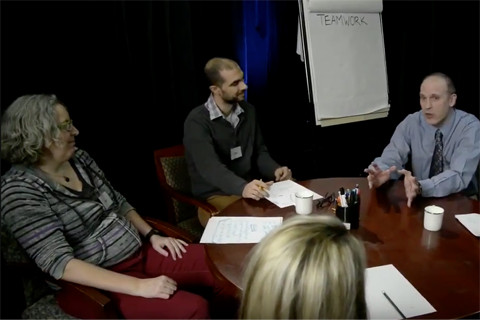 This course draws our attention to the dynamics and complexities of working in teams. Several contrasting versions of teamwork in action are presented: discharge planning, a patient’s experience, the individual and the team. The course builds and explores attitudes, communication skills and contributing factors to team performance. Exercises are used in the course to aid participants in self-reflection and in recognizing specific contributors to effective teamwork.
This course draws our attention to the dynamics and complexities of working in teams. Several contrasting versions of teamwork in action are presented: discharge planning, a patient’s experience, the individual and the team. The course builds and explores attitudes, communication skills and contributing factors to team performance. Exercises are used in the course to aid participants in self-reflection and in recognizing specific contributors to effective teamwork. This course concentrates on the differences and disagreements that occur between people. It is designed to tease out and illustrate elements that contribute to conflict. The reflective exercises are intended to aid you in reaching a clearer understanding of your own ideas and beliefs about interpersonal conflict. We have provided interesting additional resources for your own knowledge building to access after you have completed the lesson.
This course concentrates on the differences and disagreements that occur between people. It is designed to tease out and illustrate elements that contribute to conflict. The reflective exercises are intended to aid you in reaching a clearer understanding of your own ideas and beliefs about interpersonal conflict. We have provided interesting additional resources for your own knowledge building to access after you have completed the lesson.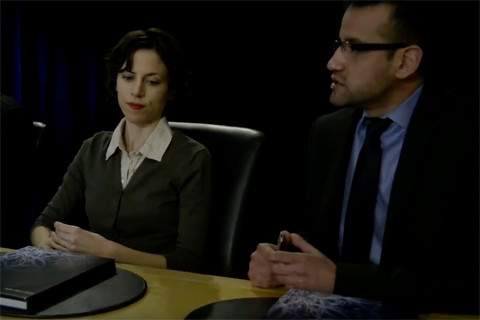 Focusing on ‘diversity’, this course illustrates the commonalities and differences between people. There may be some surprises through personal stories. There is an interesting ‘matching’ game to start with that will test personal assumptions. As in all Communication Matters lessons, there are exercises that promote your self-reflection and raise self-awareness.
Focusing on ‘diversity’, this course illustrates the commonalities and differences between people. There may be some surprises through personal stories. There is an interesting ‘matching’ game to start with that will test personal assumptions. As in all Communication Matters lessons, there are exercises that promote your self-reflection and raise self-awareness. This course shines a light on health professionals working on the front line during a pandemic scare. It draws on lived experience during the SARS (Severe Acute Respiratory Syndrome) pandemic in 2003. After the first video there is a brief paper to read before completing a knowledge quiz. You will be able to review your answers. There are also a couple of self-reflection exercises, based on three more short video clips, about communication and the attributions we make.
This course shines a light on health professionals working on the front line during a pandemic scare. It draws on lived experience during the SARS (Severe Acute Respiratory Syndrome) pandemic in 2003. After the first video there is a brief paper to read before completing a knowledge quiz. You will be able to review your answers. There are also a couple of self-reflection exercises, based on three more short video clips, about communication and the attributions we make. This course illuminates the uniquely personal experiences of patients, in addition to families and healthcare providers supporting dying patients. Stories are told through video scenarios, from Canadian perspectives. Effective interactions with palliative patients and caregivers as well as the communication skills involved are illustrated and discussed. A rich array of resources is provided.
This course illuminates the uniquely personal experiences of patients, in addition to families and healthcare providers supporting dying patients. Stories are told through video scenarios, from Canadian perspectives. Effective interactions with palliative patients and caregivers as well as the communication skills involved are illustrated and discussed. A rich array of resources is provided.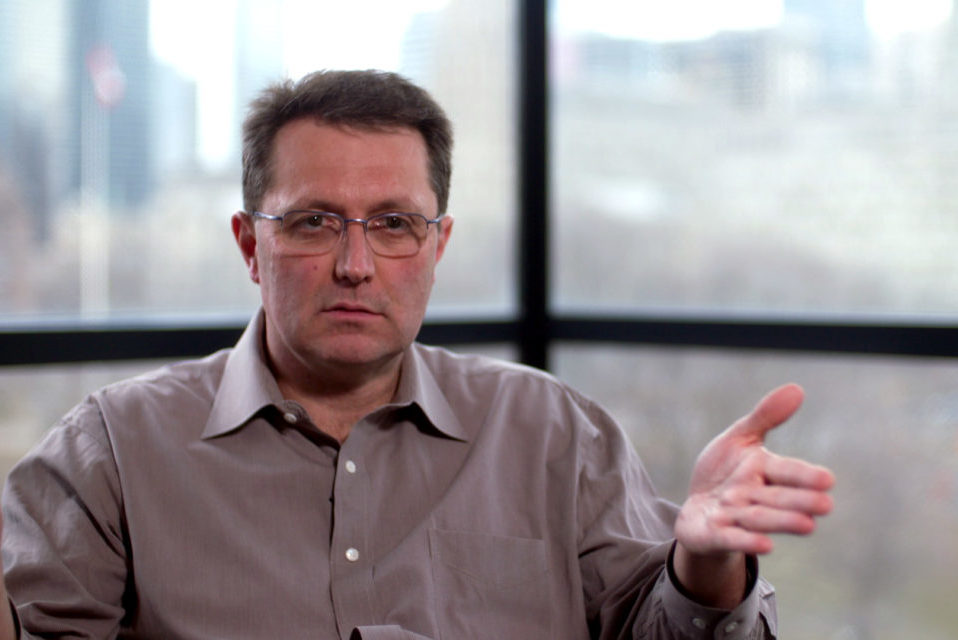 This course looks at the reasons why hiring and integrating internationally educated health professionals makes good business sense. An assessment process will help you examine your own organization’s opportunities to harness the potential of diversity and inclusion.
This course looks at the reasons why hiring and integrating internationally educated health professionals makes good business sense. An assessment process will help you examine your own organization’s opportunities to harness the potential of diversity and inclusion. Cultural competence is the necessary foundation on which integration can be built. This course unpacks what that means, beginning with an examination of what culture is, how important it is to be able to discuss cultural matters, and how culture affects the workplace.
Cultural competence is the necessary foundation on which integration can be built. This course unpacks what that means, beginning with an examination of what culture is, how important it is to be able to discuss cultural matters, and how culture affects the workplace.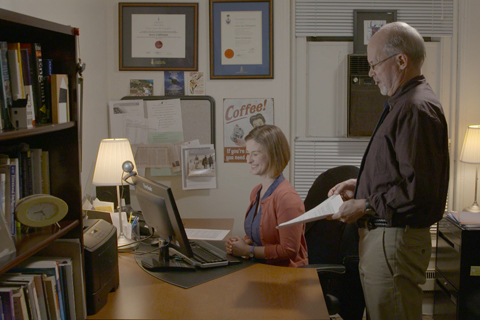 Basics about the professional credentialing and verification processes with excellent resources, should you need them. The course begins with a short quiz to determine any potential gaps in knowledge and information needed to effectively judge an internationally educated applicant’s qualifications.
Basics about the professional credentialing and verification processes with excellent resources, should you need them. The course begins with a short quiz to determine any potential gaps in knowledge and information needed to effectively judge an internationally educated applicant’s qualifications. Practical information about professional regulators, their roles and responsibilities. The self-assessment knowledge quiz about regulatory bodies will help determine benefit from additional learning and resources provided. Worthwhile material about language proficiency and supports such as mentorship and orientation to the workplace.
Practical information about professional regulators, their roles and responsibilities. The self-assessment knowledge quiz about regulatory bodies will help determine benefit from additional learning and resources provided. Worthwhile material about language proficiency and supports such as mentorship and orientation to the workplace.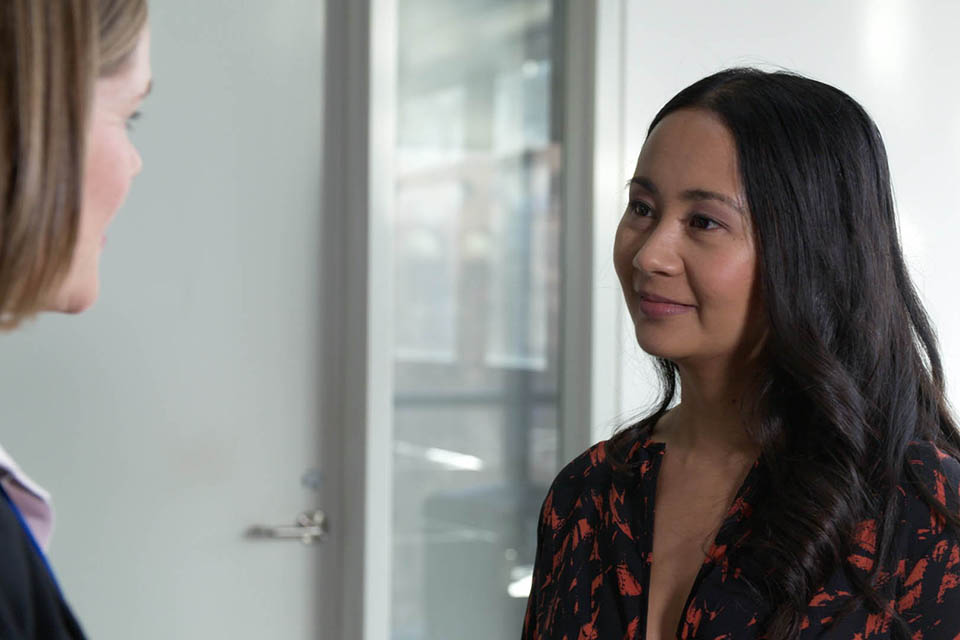 Open communication is at the heart of effective workplace practices, including interviewing and hiring, providing feedback and evaluation, working in teams, and caring for patients and clients. This course provides you with tools and techniques to build open communication into your workplace practices, with a focus on interviewing and providing feedback.
Open communication is at the heart of effective workplace practices, including interviewing and hiring, providing feedback and evaluation, working in teams, and caring for patients and clients. This course provides you with tools and techniques to build open communication into your workplace practices, with a focus on interviewing and providing feedback.